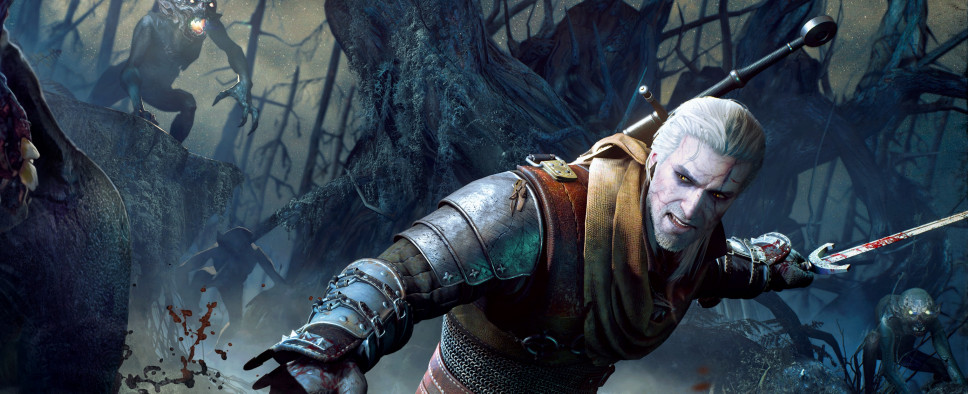PC Gamer's Best RPGs of All Time, Updated
-
Category: News ArchiveHits: 3488

With so many well-received role-playing games released over the past 18 months, I suppose it only makes sense for PC Gamer to return to their "Best RPGs of All Time" feature and revise last year's list with some newcomers, including South Park: The Stick of Truth, Dungeons of Dredmor, Legend of Grimrock II, Pillars of Eternity, Divinity: Original Sin, and The Witcher 3: Wild Hunt. Their top three haven't changed, but here are two such newcomers:
20. Pillars of Eternity
Release Date: 2015
Developer: Obsidian Entertainment
There's very little about Pillars of Eternity that's actually innovative; in fact, its whole Kickstarter-funded existence is based on appealing to the nostalgia for aging Infinity Engine CRPGs like Baldur's Gate II. That usually matters little, though, since Pillars of Eternity pulls it off so damned well.
The graphics lean a little too heavily on the 1990s, but the writing itself is masterful. Obsidian Entertainment uses it to weave a wonderful (if bleak and usually humorless) narrative that brilliantly touches on everything from religious conflicts to social struggles. It doesn't hurt that Obsidian infused almost every step of the world with its own story and smidge of lore, and a new patch introduced hours of additional voice work that make the experience even more enjoyable.
It's also brutally difficult in parts, and even its easier modes demand a dance of pausing and barking out orders to multiple party members that many contemporary RPGs shy from. That's not such a bad thing, though, as Pillars of Eternity is a stark testament that such unforgiving designs still have widespread appeal in this age of accessibility.
...
4. The Witcher 3
Release Date: 2015
Developer: CD Projekt Red
Many RPGs focus on tales of lone, wandering adventurers, but few if any pull it off it with such artistry as The Witcher 3. That artistry is most apparent in the setting itself, which is so packed with breathtaking sunsets and wind-tossed groves of trees that, months later, I still find myself opting to go to destinations on foot rather than taking the fast travel points.
But the true strength of The Witcher 3 is that it populates these memorable landscapes with NPCs doling out humble but memorable quests (by the dozen) that help create one of the most human RPG experiences on the market. In decaying wayside towns, the witcher Geralt might find impoverished elves struggling in the face of local racism; elsewhere, he might help a self-styled baron reunite with his long-estranged daughter. These quests deftly navigate moral issues without being heavy-handed or offering obvious solutions.
Through it all, much as in The Witcher 2, Geralt usually plays the role of just another character on this troubled world's stage. In the process, this tale of monster slaying and inter-dimensional raiders becomes strangely and poignantly relatable.

